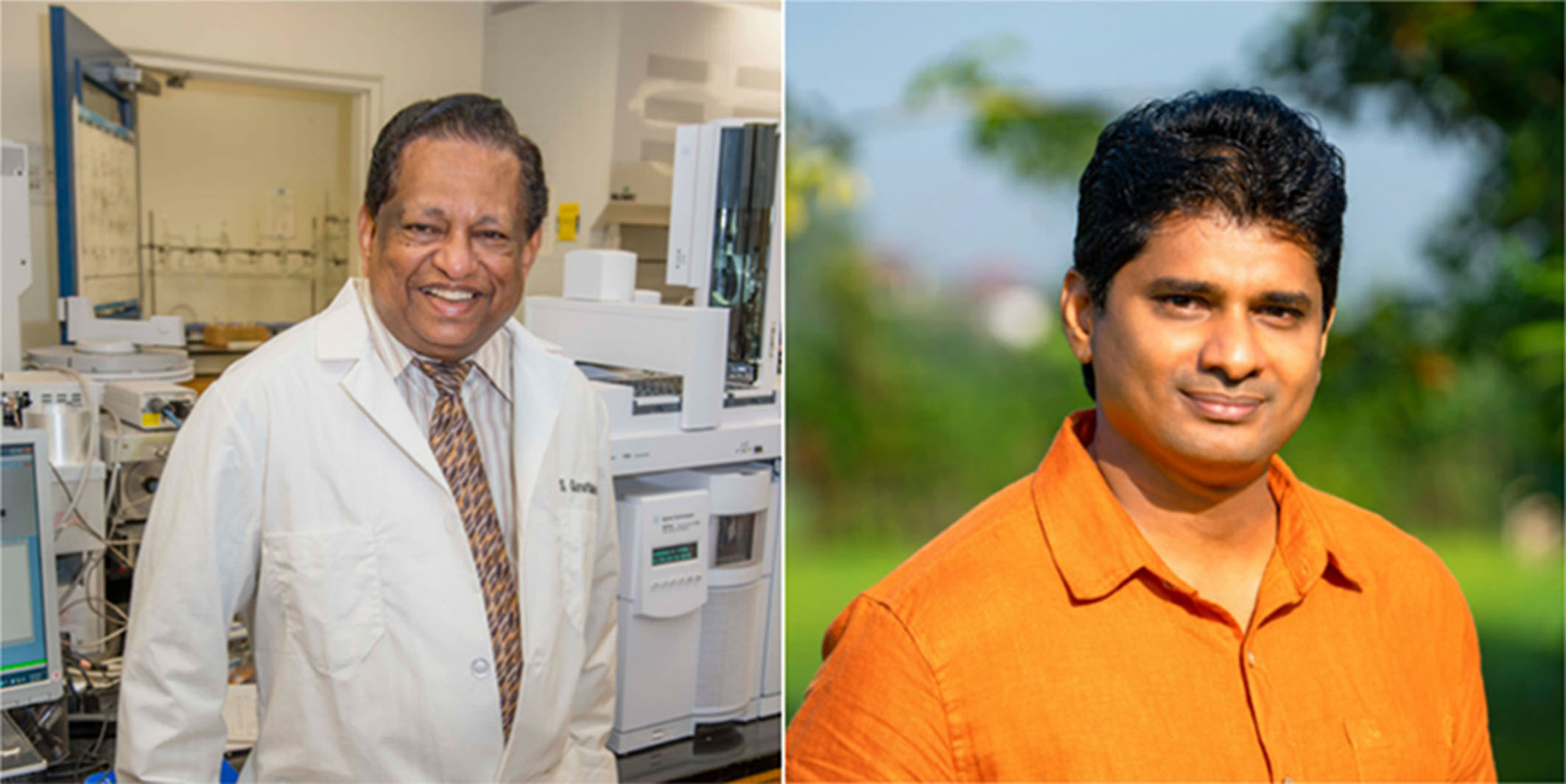
Award goes ahead despite industry backlash
The American Association for the Advancement of Science (AAAS) has stood firm against industry pressure and confirmed that it is giving the 2019 Award for Scientific Freedom and Responsibility to two Sri Lankan scientists, Sarath Gunatilake and Channa Jayasumana, who hypothesized a connection between glyphosate herbicide exposure and chronic kidney disease.
The AAAS had first announced its intention to give the award to Drs Gunatilake and Jayasumana at the beginning of this year. But its announcement unleashed a furious backlash from defenders of glyphosate. These included the GMO and pesticide promoter Kevin Folta, who falsely claimed that "there were no data" presented in the scientists' published papers.
In response, the AAAS announced in February that it would review its decision on the award. As a result of that review, it has upheld the award as fully merited while acknowledging there were problems with how the AAAS announced the award: "The AAAS communication announcing the 2019 award earlier this year included misleading statements about a causal connection between glyphosate and chronic kidney disease. An association has been suggested by the researchers, but a causal connection is not conclusive to date."
It is much to AAAS's credit that it has decided to uphold its initial decision to honour Drs Gunatilake and Jayasumana, although it is a shame that it took it nine months to conduct its review.
As GMWatch said at the time the review was announced, the problem was not with the research itself: "Drs Sarath Gunatilake and Channa Jayasumana… have in no way overstated their case. They are conservative and careful in forming their conclusions. The AAAS's press release likely overstated things... But a less than ideal choice of words on the part of the author of a press release is an argument for modifying the press release, not reconsidering an award given to honest public interest researchers, particularly ones who have already been the victims of industry-linked intimidation."
Gunatilake and Jayasumana investigated a kidney disease epidemic that has claimed tens of thousands of lives in their home country of Sri Lanka and around the world. Their research pointed to an association between glyphosate herbicide exposure and chronic kidney disease in farmers in areas with hard water. And in a series of peer-reviewed papers, they presented their hypothesis that glyphosate was transporting arsenic, cadmium and other heavy metals to the kidneys of those drinking contaminated water, causing chronic kidney disease. As a result of their work, Sri Lanka has introduced a partial ban on glyphosate herbicides on a precautionary basis. But the researchers themselves have been subjected to a campaign of vilification and even suffered death threats.
Commenting on AAAS's decision, the veteran science journalist Michael Balter said that he was very glad to see the award to Drs Gunatilake and Jayasumana going ahead: "Their hypothesis is reasonable and their research is suggestive of such a link. It certainly indicates that further study is necessary rather than industry-sponsored dismissal and obfuscation."










